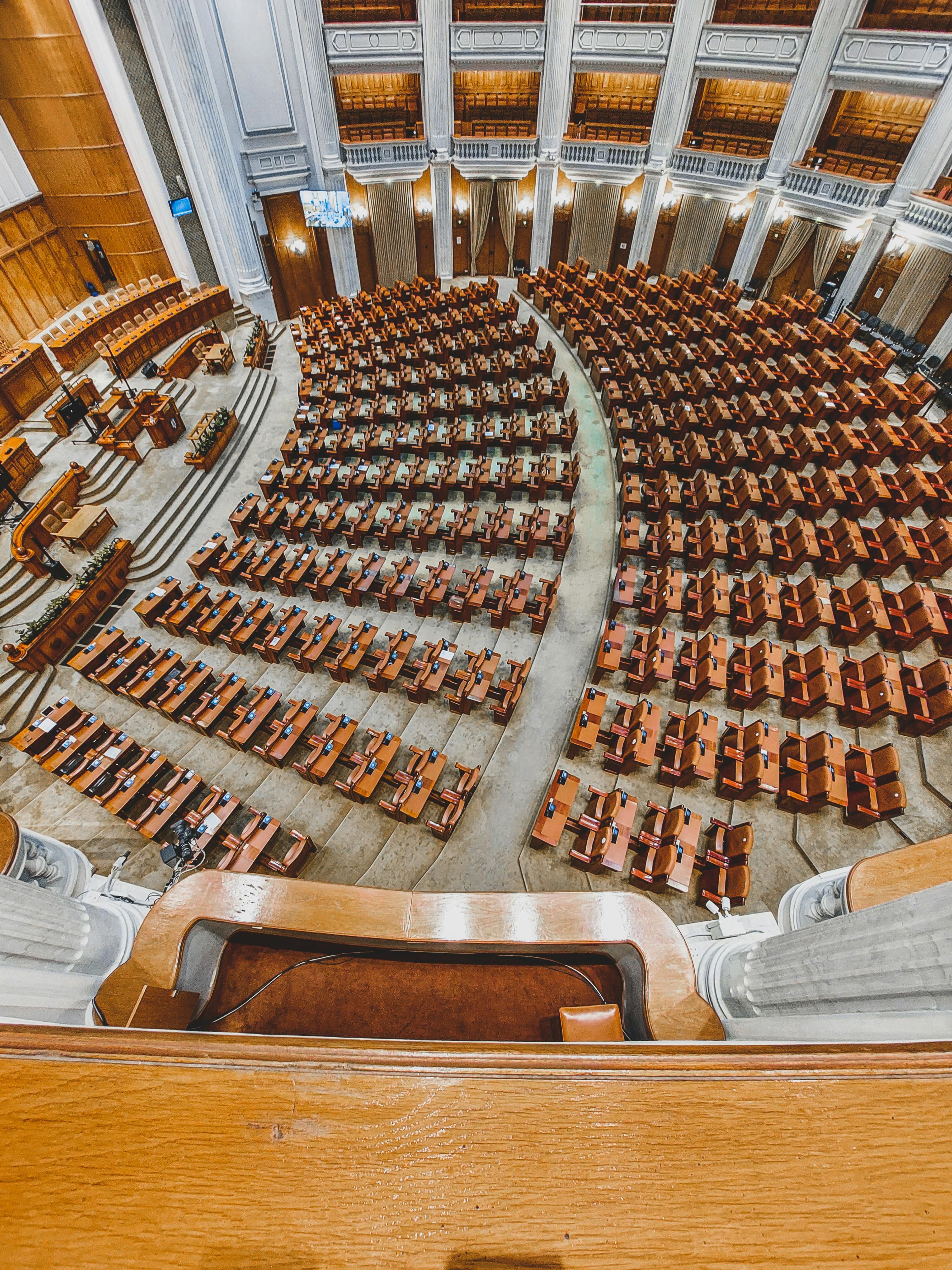Macron Stands Firm Against Gaza Resettlement: "International Law Breach"
- "Macron states resettling Gaza residents may break international law"
Take a seat, let's chat!
Macron staunchly continues to champion the Gaza reconstruction plan, as proposed by Egypt and endorsed by the Arab League. Emphatically, he asserts that radical Islamic Palestinian organization Hamas should have no role in the area's future, posing a threat to Israel. He advocates for the Arab states' plan, which emphasizes the region's rebuilding without forced displacement.
Before their meeting, the French presidency already declared its disapproval of the U.S. President Donald Trump's Gaza resettlement proposal, embracing instead the Arab states' peace-driven plan. This alternative approach aims to create a region without expulsions.
Trump's proposal back in early February to rehome approximately two million Palestinians residing in the Gaza Strip to neighboring nations such as Egypt and Jordan, had stirred up an uproar internationally. His idea was to reinvent the strip, heavily ruined in the Gaza war, into a "Middle Eastern Riviera."
In response, various Arab states put forward a plan designed to rejuvenate the Gaza Strip, proposing a gradual Palestinian Authority return to the region.
Macron and President Al-Sisi will meet in the afternoon for a trilateral summit with Jordan's King Abdullah II, discussing the Gaza Strip's situation. Recently, the Israeli army relaunched air strikes on Hamas targets within Gaza, and also initiated fresh ground operations in the Palestinian territory, where Israeli hostages are still being detained.
A ceasefire had been in effect within Gaza since mid-January, but discussions on extending the truce have yet to bear fruit. Egypt is acting as an intermediary in the off-the-books conversations between Israel and Hamas.
Behind-the-Scenes Details
The Arab League's Gaza reconstruction plan, launched on March 4, 2025, in Cairo, aims to confront the extensive humanitarian and infrastructural predicaments in the region stemming from ongoing turmoil. This plan serves as a direct counter to Donald Trump's controversial proposal that suggested relocating a portion of the Palestinian population in Gaza to neighboring countries, which many perceive as a violation of international law and the principles of Palestinian self-determination. The Arab League unanimously opposes this relocation, viewing it as displacement.
This plan encompasses various essential components, such as:
- Financial Commitment: The estimated budget for reconstruction is roughly $53 billion, to be allocated over five years. The initial phase formulates solutions for immediate necessities, including waste removal and accommodations for more than 1.5 million displaced residents.
- Transitional Governance: In an effort to foster peace and economic recovery, this plan introduces a technocratic government to oversee civil affairs in Gaza. This government aims to circumvent political or military affiliations, ensuring its credibility and efficiency.
- Infrastructure Development: The plan outlines a strategic method for rebuilding not just residential areas but also vital infrastructure like roads, industrial zones, and transportation facilities, including a seaport and an airport. This holistic vision seeks to revitalize the local economy and enhance the living conditions in the region for the long term.
- International Support: The Arab League has garnered support from several European nations, including France, Germany, the UK, and Italy, who recognize the plan as a viable path toward reconstruction. Challenges persist in acquiring funding and international backing to execute the plan.
- Ceasefire and Security: A perpetual truce is crucial for the plan's implementation. The Arab League emphasizes the requirement for security measures, possibly involving peacekeeping forces, to stabilize the region, deter further conflict, and establish a supportive environment for reconstruction efforts.
Obstacles to Success
While the Arab League's plan presents ambitious goals, numerous hurdles threaten to hamper its progress:
- Ongoing Hostilities: The current unrest in Gaza poses a significant risk to construction projects due to escalating violence. Negotiating a durable ceasefire remains essential for successful reconstruction efforts.
- Political Split Among Palestinians: Resolving the internal divide between Palestinian factions, particularly between Hamas and the Palestinian Authority, is vital to establishing a cohesive governance structure. Delays in resolving these political tensions could impede the momentum of reconstruction projects.
- International Criticism: The plan has garnered criticism from Israel and the United States, mainly for purportedly underestimating Hamas's political and military role in the region. Both parties have requested further clarification on the plan's intended management of Hamas's presence in Gaza.
In conclusion, the Arab League's Gaza reconstruction plan represents a significant endeavor to address the humanitarian crisis in Gaza and promote long-term stability. However, the challenges posed by ongoing conflict and political divisions raise doubts about the plan's feasibility and timeline for execution.
- The European Union, particularly President Emmanuel Macron, has voiced strong opposition to the resettlement of Palestinians in Gaza, asserting that such a move would breach international law.
- The European Parliament, in alignment with the Arab League, supports the reconstruction of the Gaza Strip without forced displacement of its residents, as advocated by the proposed plan by Egypt and Arab states.
- During a trilateral summit with President Al-Sisi of Egypt and King Abdullah II of Jordan, President Macron is expected to discuss the Gaza Strip's reconstruction, reiterating France's commitment to upholding international law and the principles of Palestinian self-determination.








